Pioneering research using dioxin-eating bacteria could help clean up Swiss city
The city of Lausanne in western Switzerland has been massively contaminated with dioxin, a potentially highly toxic pollutant found around the world. Pioneering research using lab-grown bacteria offers hope for the huge clean-up ahead.
Check out our selection of newsletters. Subscribe here.
Dioxin pollution is a global problem, especially in poorer countries in Asia and Africa. The toxic environmental pollutants are mainly unwanted by-products of manufacturing processes, but the worst culprits are uncontrolled waste incinerators and open burning. While dioxin emissions in developed nations have remained at relatively low and stable levels thanks to control measures, those in low-income countries are still at relatively high or have continued to increase in recent years, researchExternal link shows.
Switzerland has a reputation for cleanliness and natural beauty. But it too has a serious toxic legacy. In the western Swiss city of Lausanne, historical dioxin contaminationExternal link caused by an old incinerator was discovered by chance in 2021. Affected residents are anxious about the long-term health concerns and damage to their property, and local authorities are still getting to grips with the huge costly clean-up.
Among the various measures being considered, the authorities are funding a project by the Swiss biotech start-up TibioExternal link, which has developed a “bioremediation” technique using microorganisms to decontaminate soil.
The pilot project seems promising: in one month, dioxin-eating bacteria grown in the lab in Chavornay, canton Vaud, are capable of halving the quantity of dioxin.
But question marks remain about whether this experimental approach will work on a large-scale. A total of 4,000 plots of land, the equivalent of 340 football pitches, have been contaminated with dioxins emitted by the Vallon incinerator that operated in the city centre from 1958 to 2005. In some locations, the unprecedented dioxin pollution is well above the accepted level in Switzerland.
Very resistant
Normally, contaminated soil is taken to a waste site and replaced with clean soil. But Tibio’s biological method involves treating the contaminated soil on the spot without digging it up and transporting it by truck.
This novel approach will not be easy, admits Tibio CEO Davide Städler.
“We know that dioxin is very resistant and difficult to degrade, because it’s quite scattered throughout the soil. It’s not easy for the bacteria to find it and eliminate it,” he told Swiss public television, RTS.
Tests will be carried out on contaminated soil from three sites over the next few months. If successful, the bacteria will be used on a large scale from spring 2025.
“There is a lot of hope [about this project] because it would allow us to protect soil resources,” says Isabelle Proulx, who oversees the project for canton Vaud’s environment service. “It is a method which is still at the research stage; it has never been done anywhere else in the world to my knowledge. Bioremediation exists but for other pollutants. For dioxin this is totally innovative.”
According to the World Health Organization (WHO), dioxins are environmental pollutants that belong to a group of dangerous chemicals known as persistent organic pollutants (POPs). They are found throughout the world in the environment, where they can persist for decades and accumulate in the food chain. More than 90% of human exposure is through food, mainly meat and dairy products, fish and shellfish.
Dioxins are mainly unwanted by-products of manufacturing processes including smelting, chlorine bleaching of paper pulp and the manufacturing of some herbicides and pesticides. Uncontrolled waste incinerators (solid waste and hospital waste) are often the worst culprits owing to incomplete burning, says the WHO.
In the case of Lausanne, the local authorities say there is no need to panic. Dioxin may be carcinogenic but only a daily absorption of large quantities is problematic. The city’s drinking water is not affected. Yet the extensive dioxin pollution case has raised local concerns about its impact on people’s health and studies continue.
Edited by Veronica de Vore.

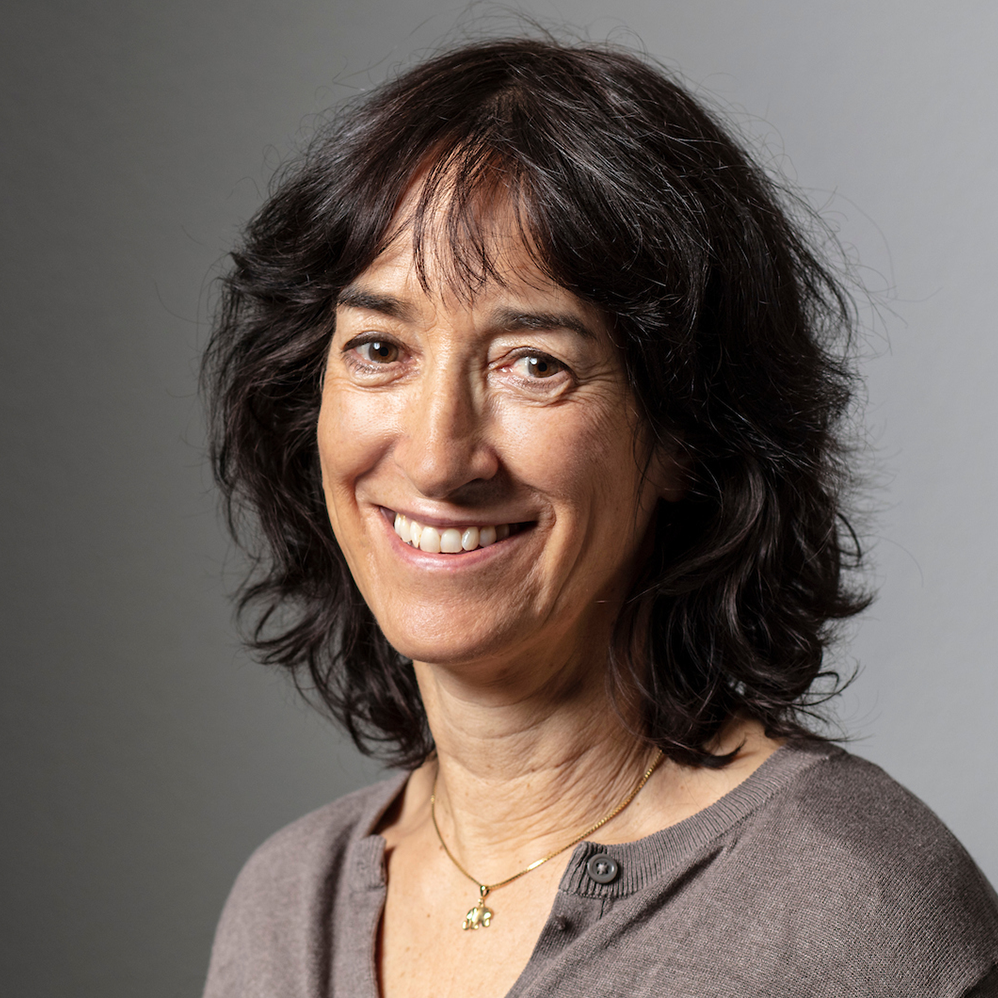


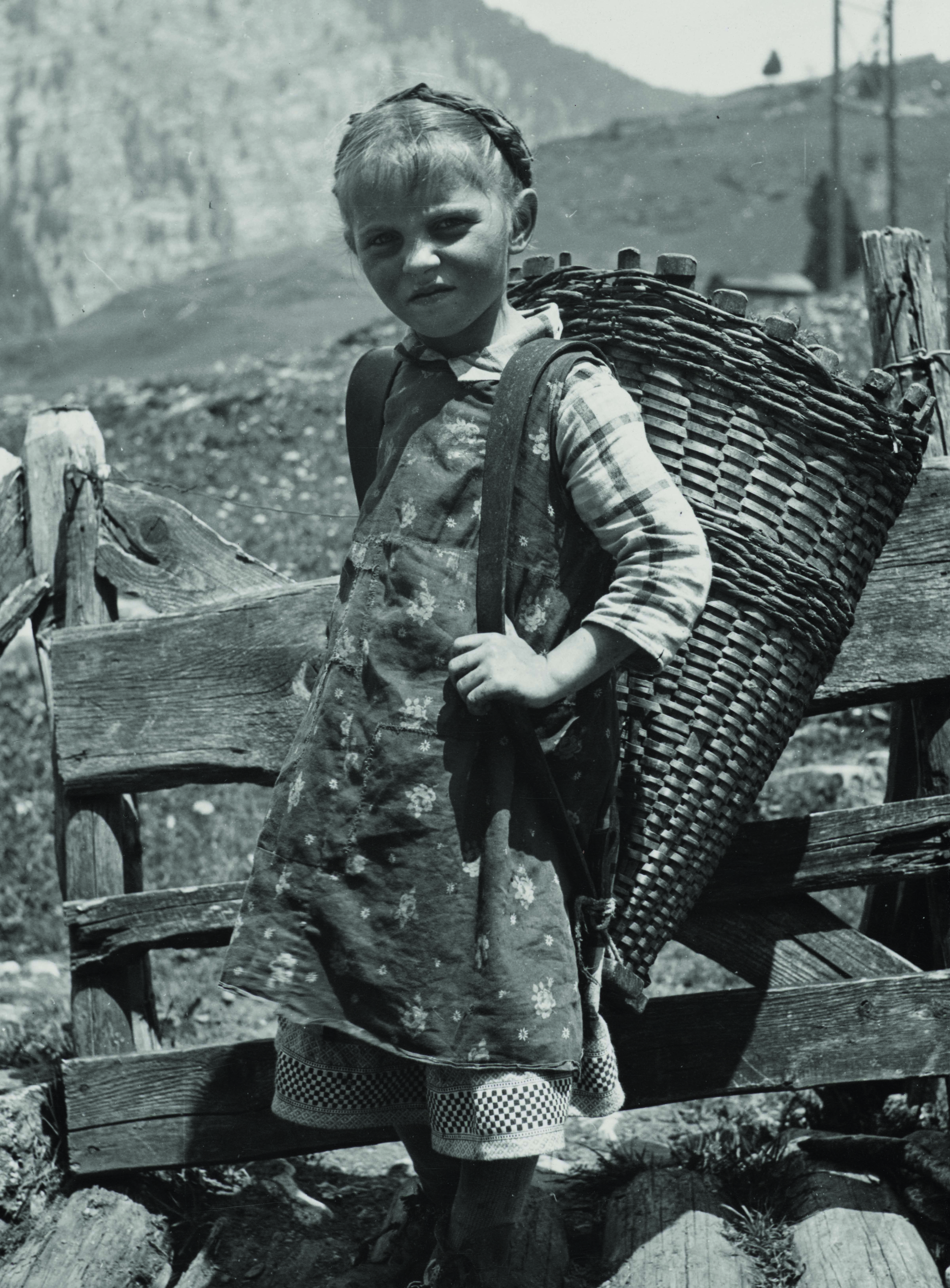
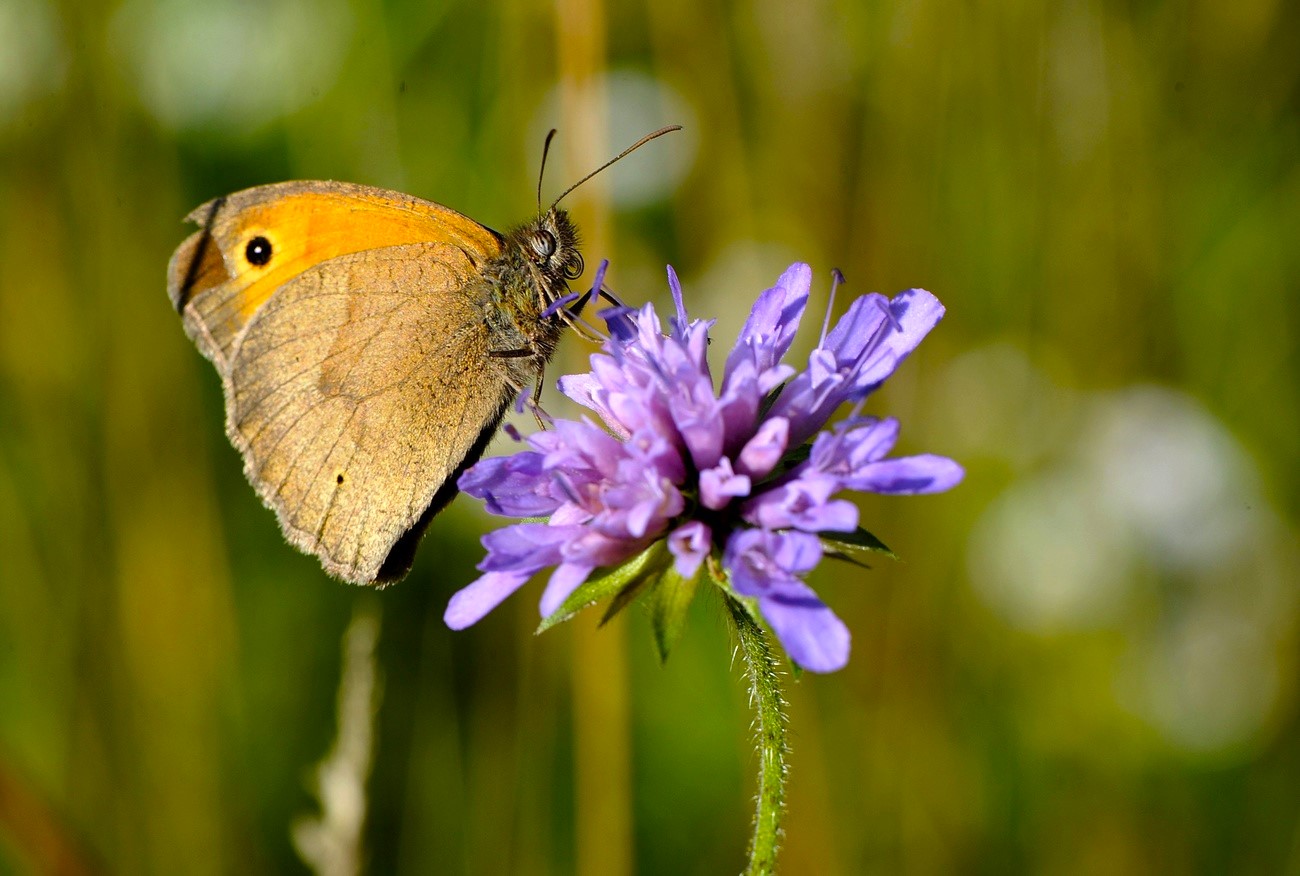
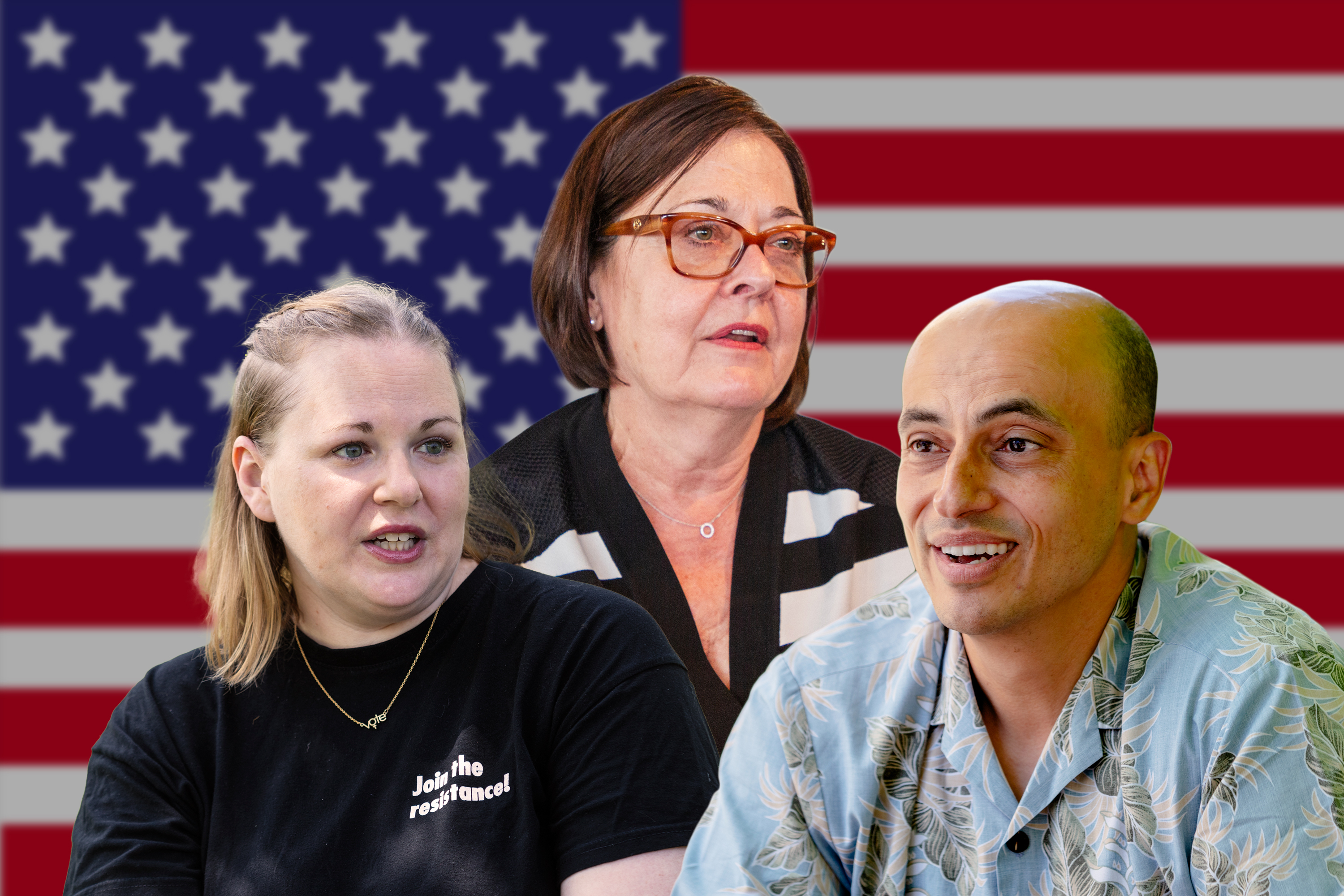

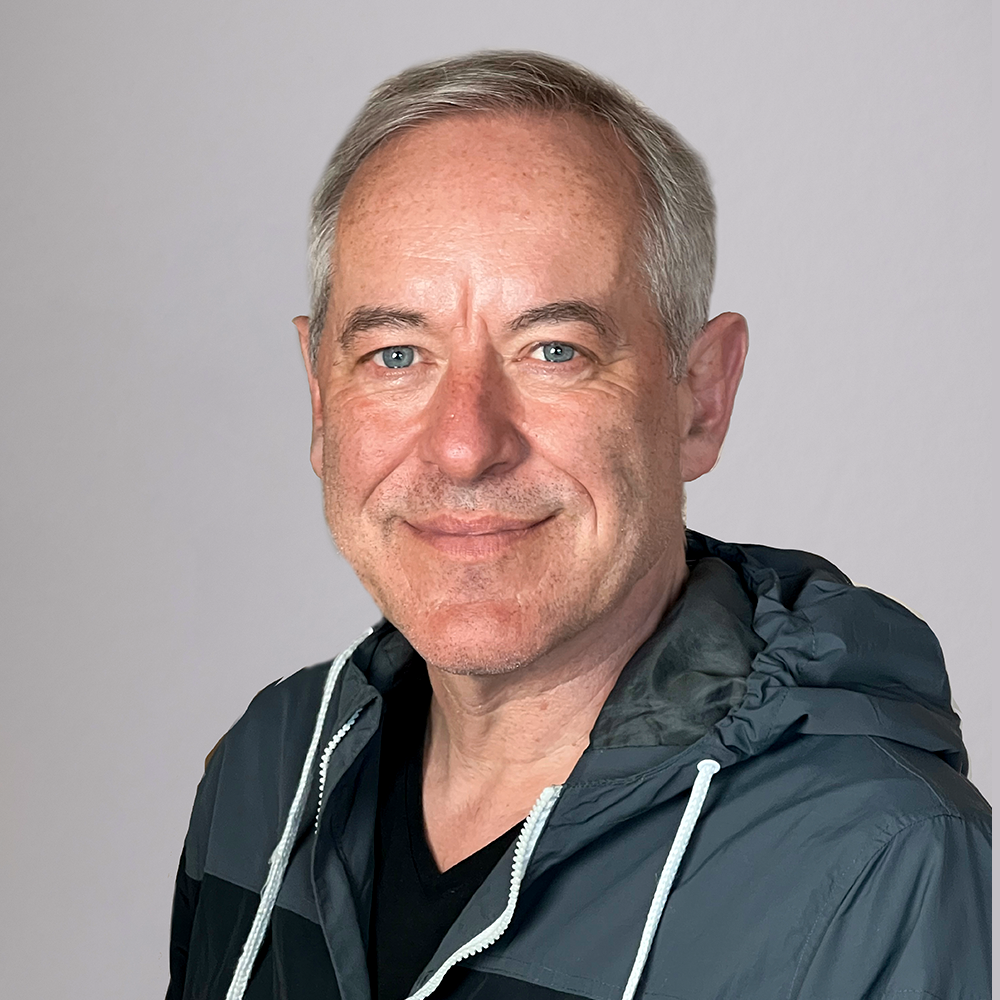

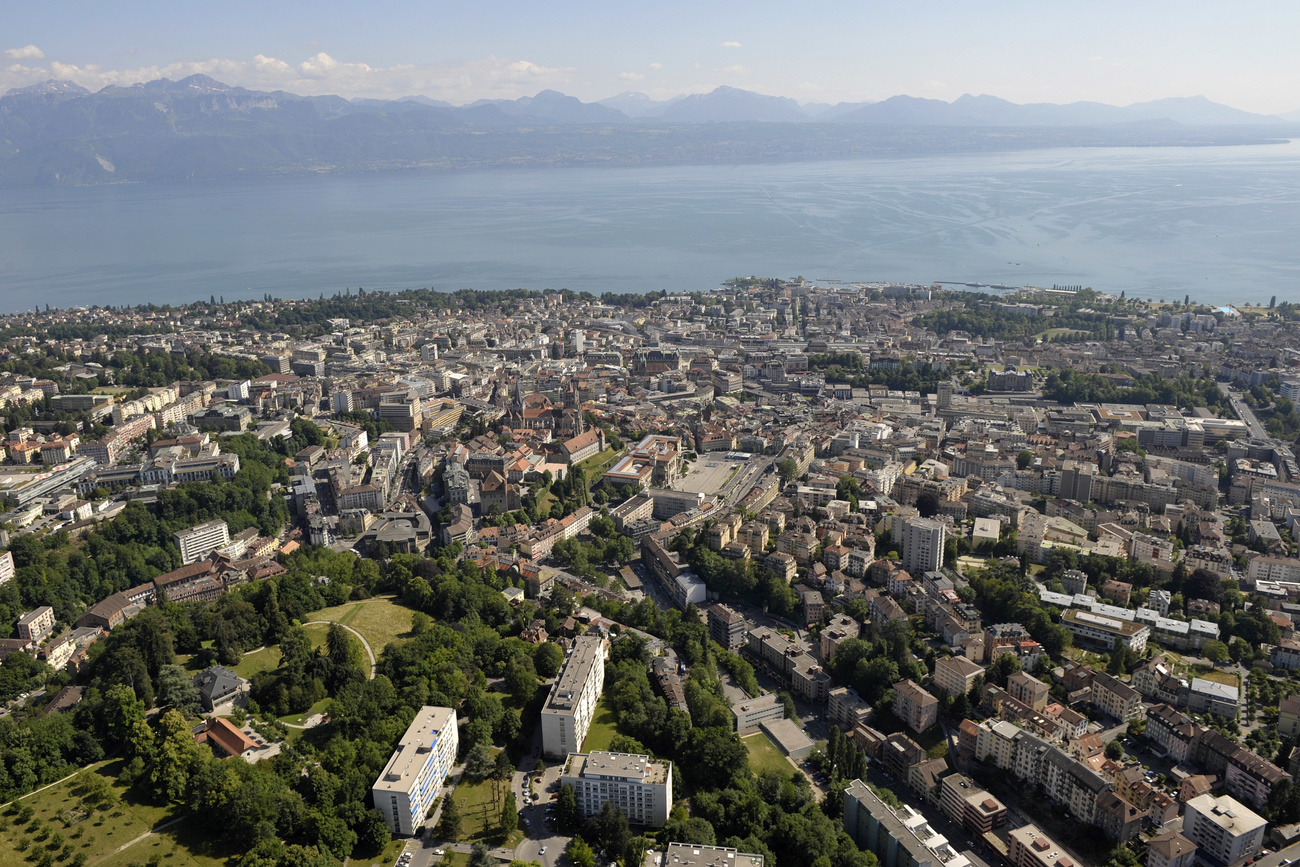
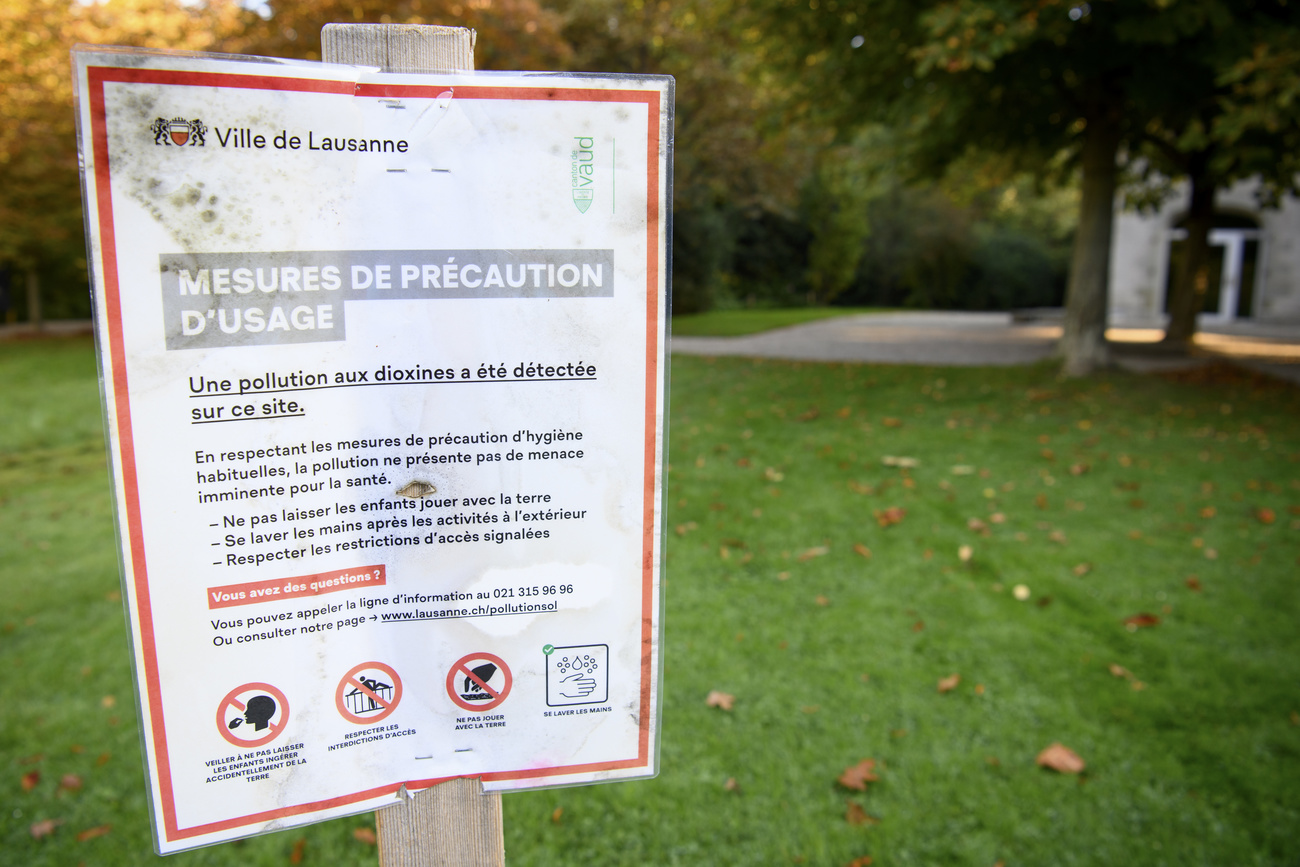
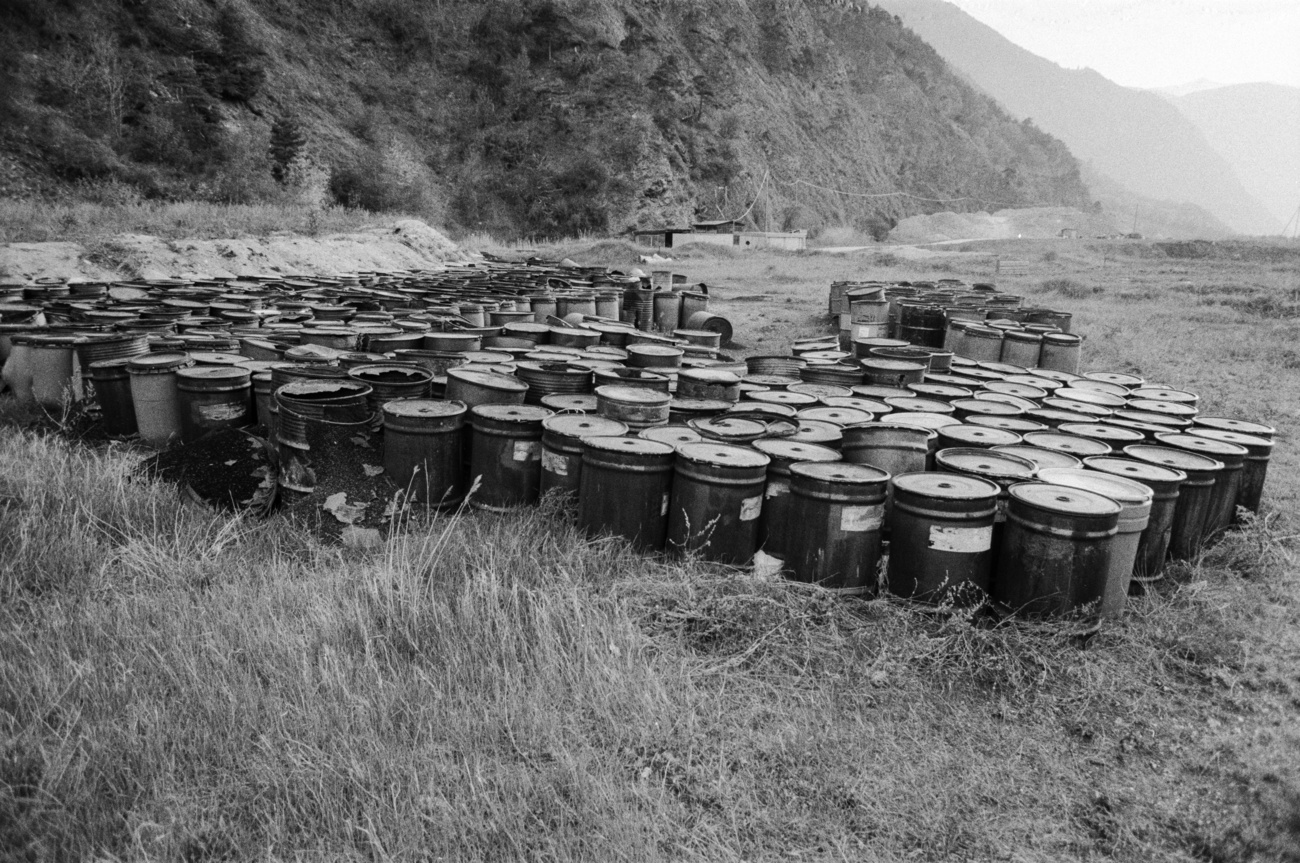
You can find an overview of ongoing debates with our journalists here . Please join us!
If you want to start a conversation about a topic raised in this article or want to report factual errors, email us at [email protected].